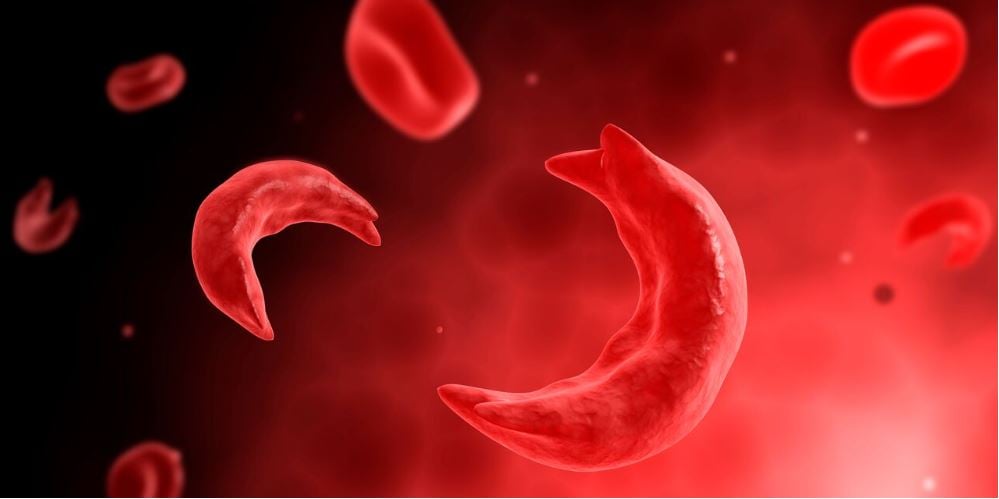Prime
Ask the Doctor: Why does my child have sickle cell disease?

What you need to know:
- From the third week when a baby is in the mother’s womb haemoglobin with chains ε is formed in the yolk sac, up to around 3 months when foetal haemoglobin with chains (α2γ2) is formed in the liver to take over.
My wife and I are not sick but when our first born of two years kept falling sick, we took him to a doctor who said he had sickle cells. Is this child mine? Kalanzi Magino
Dear Kalanzi Magino
Sickle cell anaemia is a disease caused by changes (mutations) in the gene that tells the body to make the red blood cell haemoglobin which helps red blood cells carry oxygen to various parts of the body. Because of the gene mutations one will make defective haemoglobin which might at low oxygen levels, make red blood cells become sickle cell shaped hence not manoeuvring through small blood vessels ending up blocking blood supply certain body parts with consequences of pain and anaemia among others.
From the third week when a baby is in the mother’s womb haemoglobin with chains ε is formed in the yolk sac, up to around 3 months when foetal haemoglobin with chains (α2γ2) is formed in the liver to take over.
Foetal haemoglobin, is produced from about six weeks of pregnancy up to two to four months after birth when it reduces to less than one percent because then adult forms of haemoglobin including the most produced haemoglobin A1 take over.
Sickle cell anaemia is inherited from parents who are carriers and these in most cases may be without any known symptom of the condition.
Since you may be the father of the “offspring” with sickle cell anaemia, you need to secretly do a paternity DNA test so that you are sure whether you are the father or not. Doing the test openly might cause lots of friction in the family in case you are the father.
What is the treatment for milk in a baby’s ears?
Dr, When breastfeeding, milk goes into the ears of the baby and they start oozing milk from the ears. People here say the treatment for this is putting fresh urine in the baby’s ears. Is this true? Anita
Dear Anita,
Ears are delicate organs and things like urine should not be put for undiagnosed ear conditions.
Much as there could be traditional treatments that may be effective in treating ear problems, use of urine, a waste, as medication is likely to not only delay proper treatment but may also on its own damage the already ailing irreplaceable organs.
Some mothers, when a child has a milk like discharge in the ears, believe that while they are breastfeeding milk may accidentally pour in the ears leading to the problem. What you are calling milk in the ears is usually an infection in the ears following a nasal or chest infection or an allergy.
The treatment here requires antibiotics prescribed by a doctor and addressing the associated cause like a respiratory tract infection.
It is important for people to embrace annual ear examinations instead of visiting a doctor only when they have sick ears as the problem may have advanced to permanent deafness.




